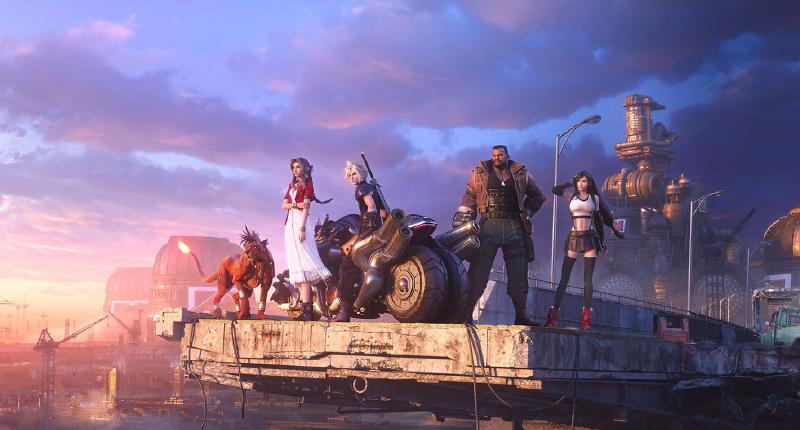My game of the year, Final Fantasy VII Remake oozes the one thing that as I grow older, I realise that is beginning to wane in the video game industry: Passion. Not only that, it aims to provide every player with a singular thought for the future that I’m sure we are all ready and willing to welcome into our hearts in current times: Hope.
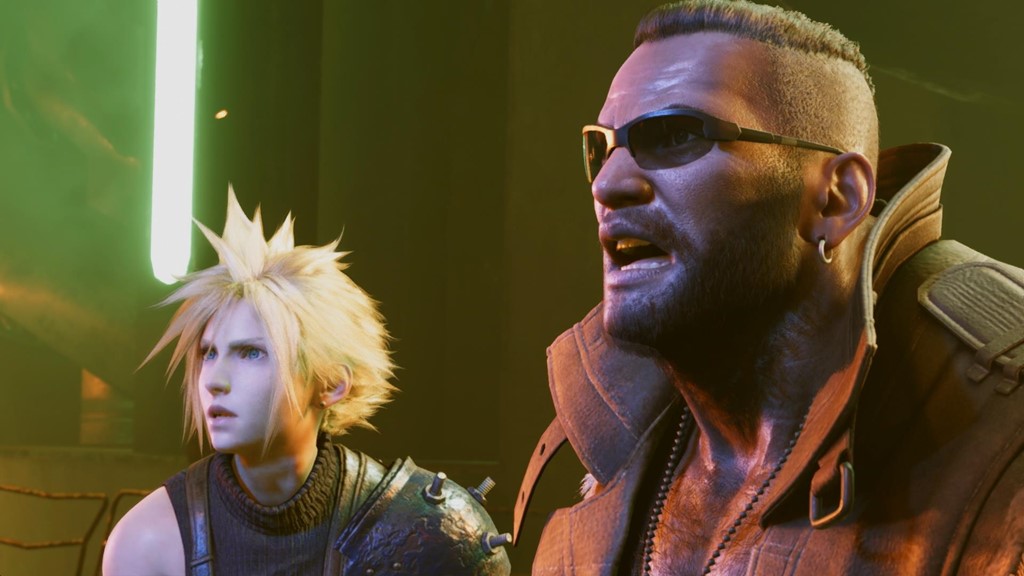
A long time coming and critically acclaimed, Square Enix had some big shoes to fill and while not a faithful retelling as it leans heavily on the namesake of “REMAKE”. Final Fantasy VII Remake hopes to enrapture new generations and encourages a tangential analysis of the political parallels of the real world – being even more pertinent now thanks to the state of the world globally than in the original.
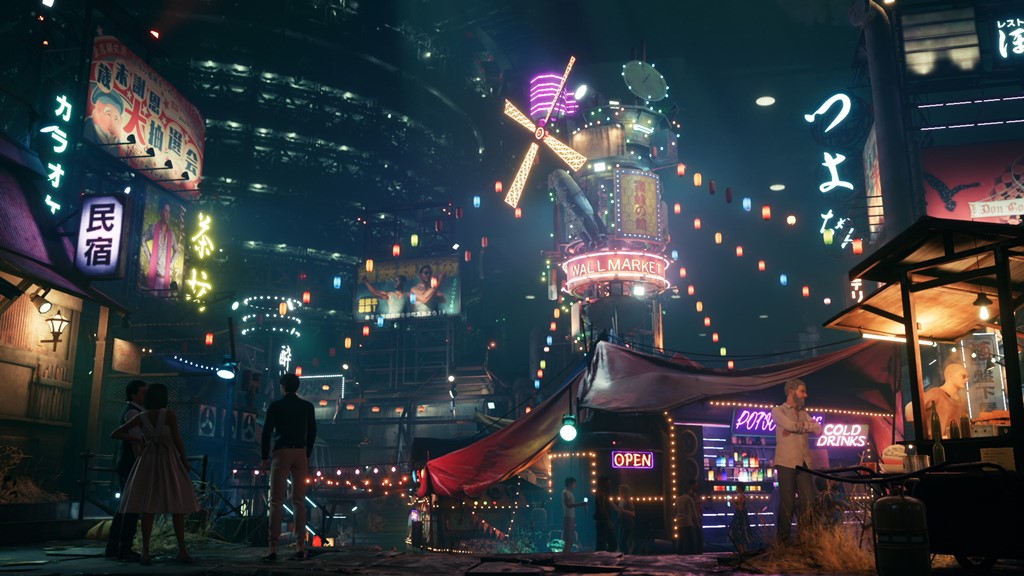
Graphically pushing the last generation to its limit (Minus the heavily meme’d door texture) Final Fantasy VII Remake is an absolute marvel of special effects and environment. Focusing exclusively on the events of Midgar much of the environments are made up of slums and industrial wastelands yet still breathtaking to the point where many can argue it errs on live action, especially when the perspective opens up for wider landscapes. It’s difficult as a fan not to be taken aback by the degree of passion and respect for the subject material that this project has had in its development.
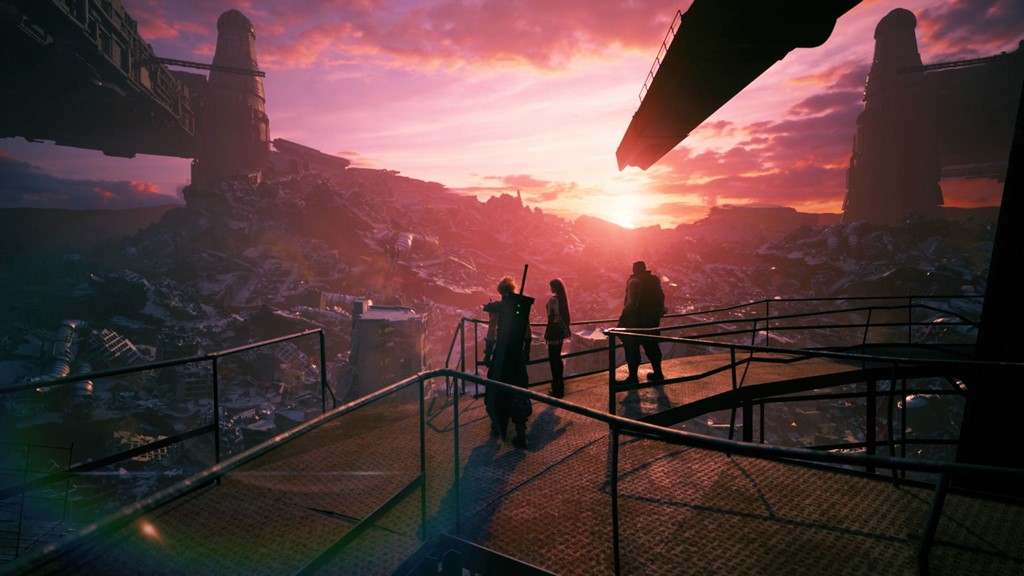

Split into multiple parts which will release later on, Remake concentrates on early events and focuses on the character development, giving time to establish the party as the iconic motley crew we’ve loved for many years, including the supporting cast who share almost equally in the limelight with fleshed out backstory. With the advancement of technology and voice acting they are now fully realised and better than ever. My favourite relationship in the game is between Tifa and Aerith as their friendship blossoms into a sisterhood – leaving Cloud to more believably hang in the background and be generally aloof where Tifa takes on the more doting and motherly role, oftentimes you’ll see her coming to the rescue where you would otherwise expect a main protagonist to. As their relationships grow, you’ll see unusual team ups as they co-ordinate in cinematic boss fight transitions. It fills me with unadulterated joy every time to see them kicking butt and trusting in each other.
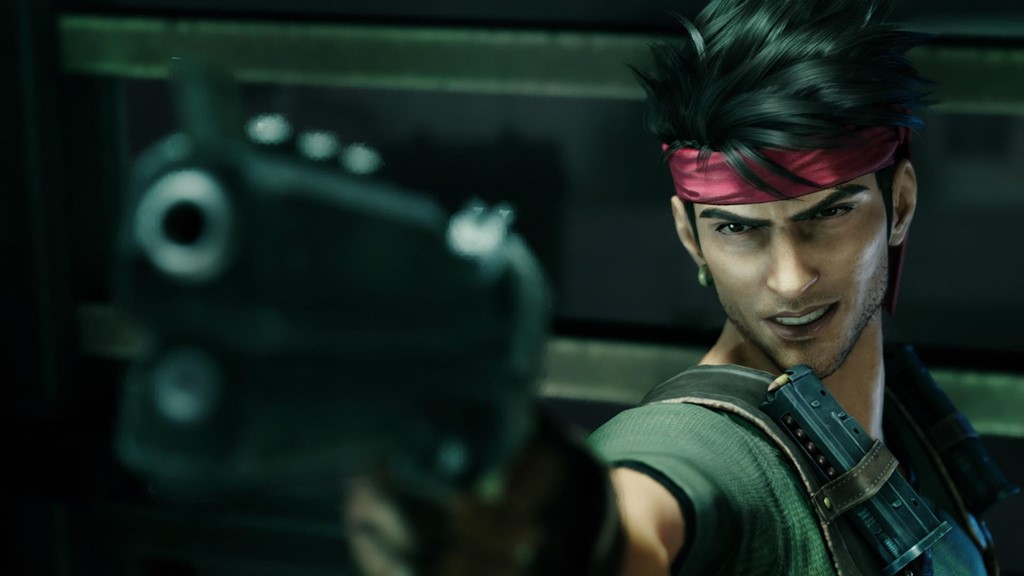
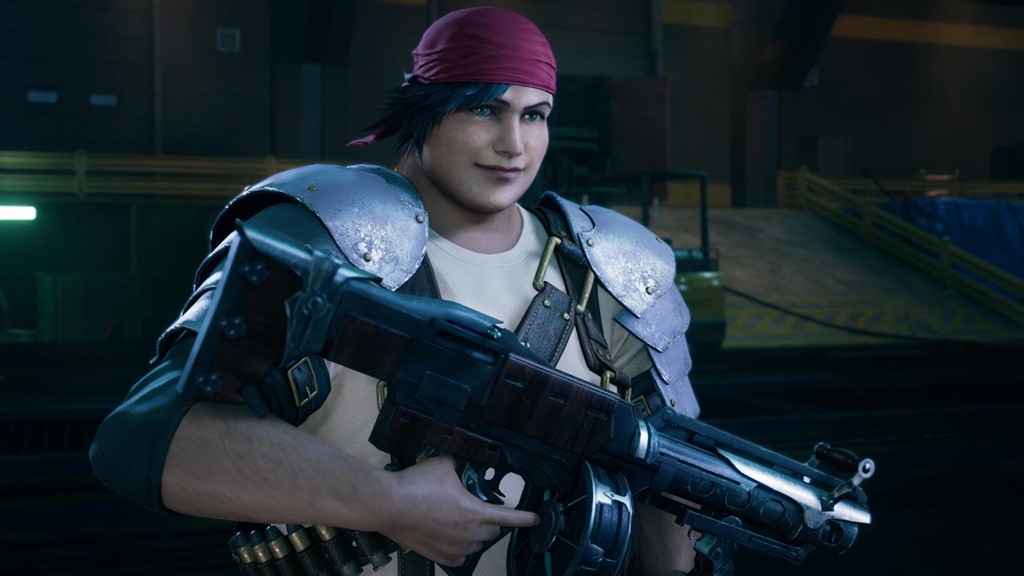

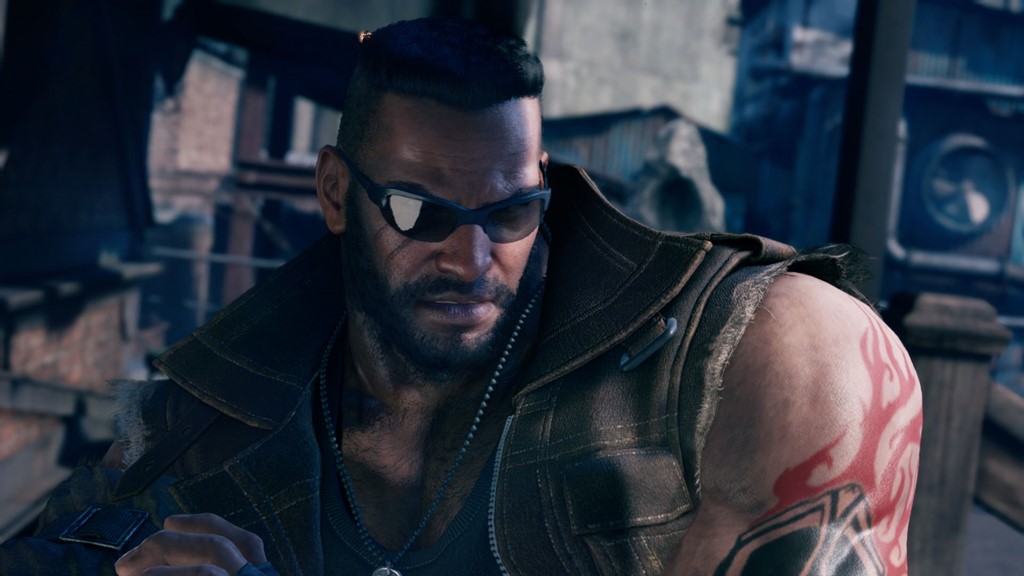
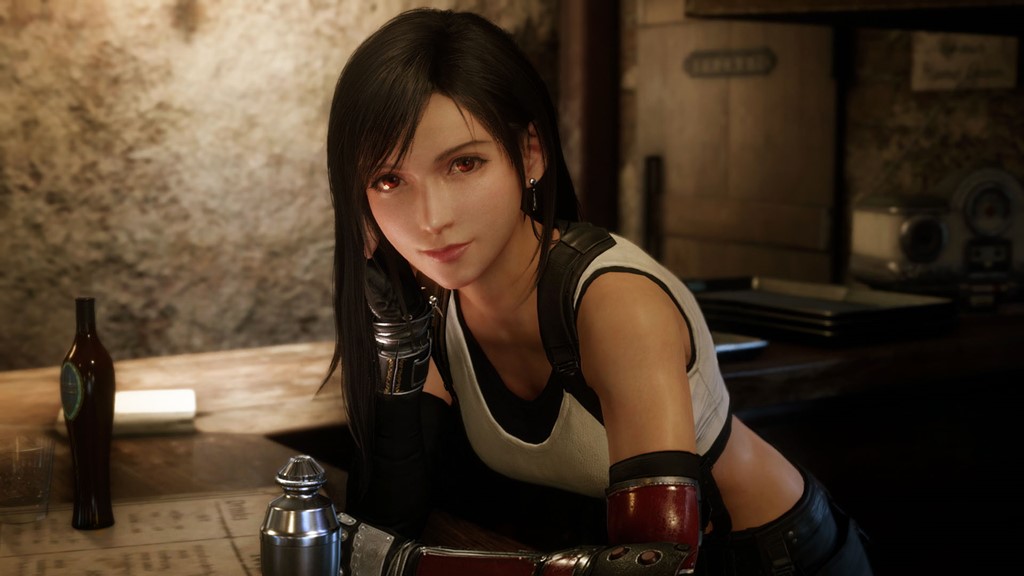
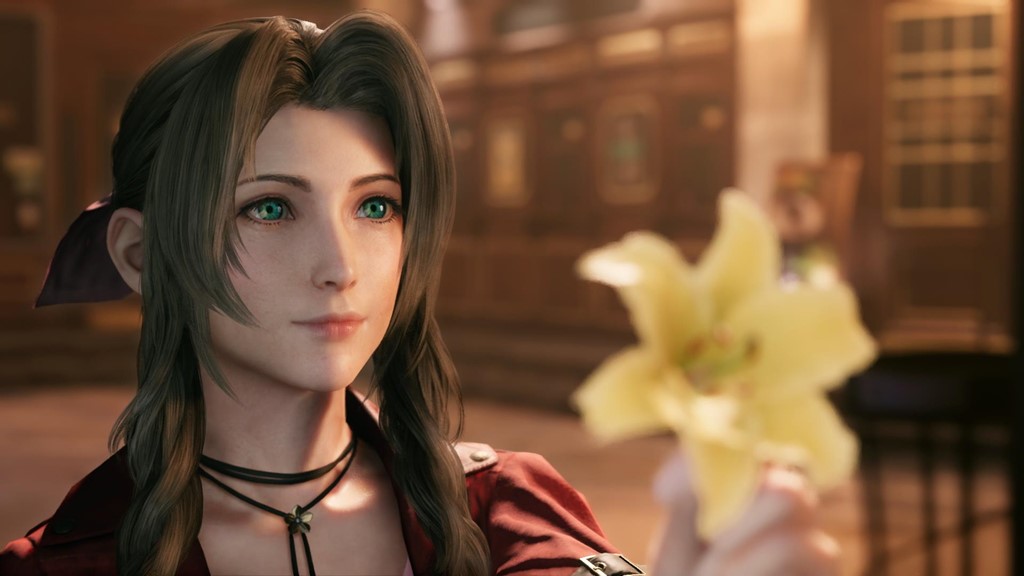
Barret and Cloud are on two ends of the emotional spectrum, Barret is an impulsively emotional teddy bear that cares deeply about the planet upon which he lives and has a low tolerance for anyone who doesn’t. His heavy figure belies a booksmart intelligence. Tifa is there to provide the moral compass. Aerith on the other hand is the disarmingly cheerful flower girl who harbours more trauma than she cares to show yet perseveres through it all to help anyone in need. It feels intentionally presented as a lesson when the cast are unable to see eye-to-eye that instead of jumping to confrontation they accept each other’s differences and difficulties - moving forward in a positive way.
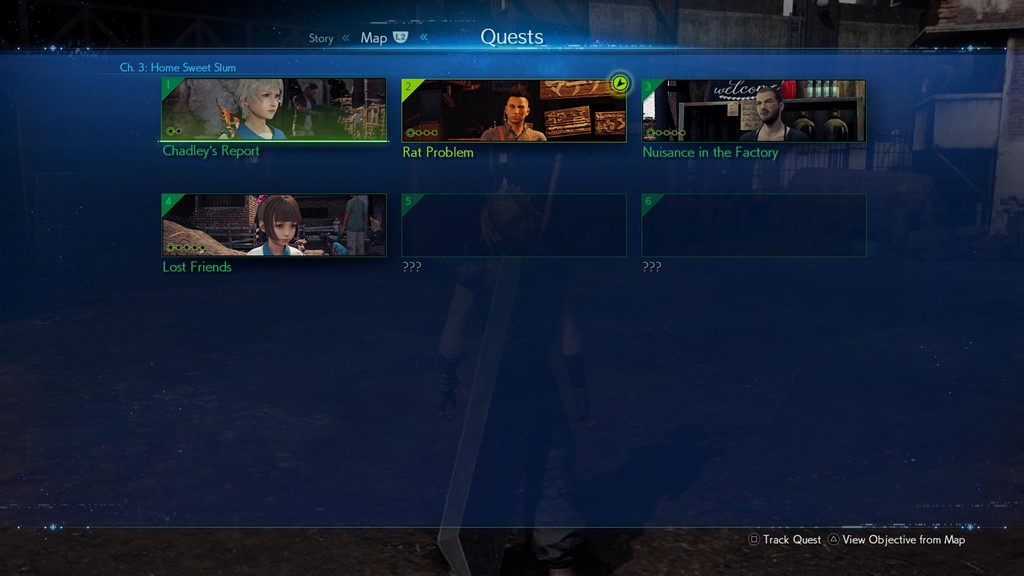
Remake provides a now rare and welcome linear experience in comparison to many games of recent times - trading open world and oftentimes stagnant expanses for a more story absorbed narrative that never falls victim to dragging on thanks to the limited number of side quests that in itself feel more like extensions of the lore that have meaning and reward to the overall narrative. Giving completionists like myself a much needed sigh of relief to enjoy the game as intended without spending hours and even days on redundant fetch quests and heavily detached filler. The only time that exploration is rewarded is during the more dungeon-esque sections whereby further experimentation with interactables and challenges may open a path off the beaten track that withholds new materia or items. This being said…
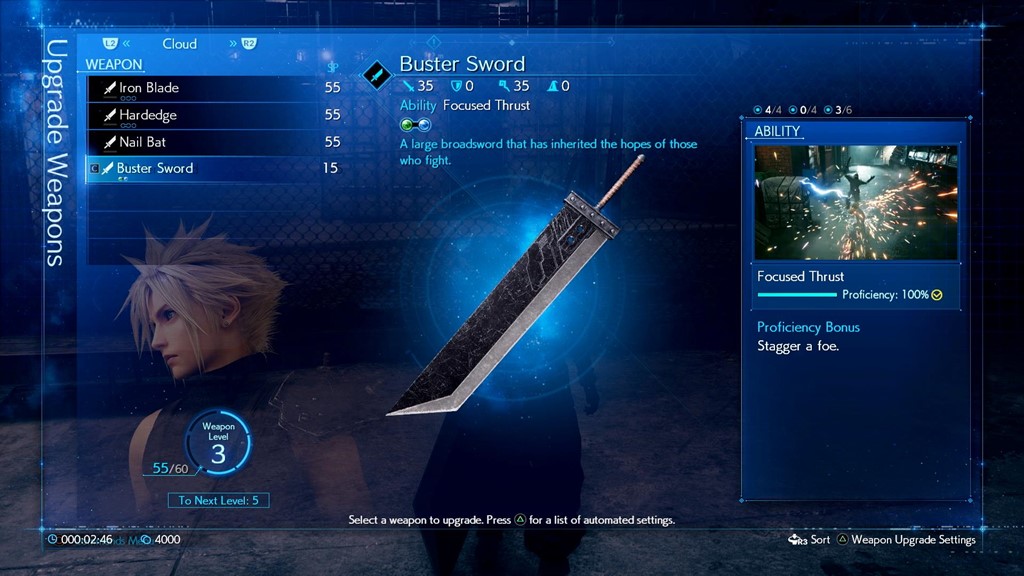
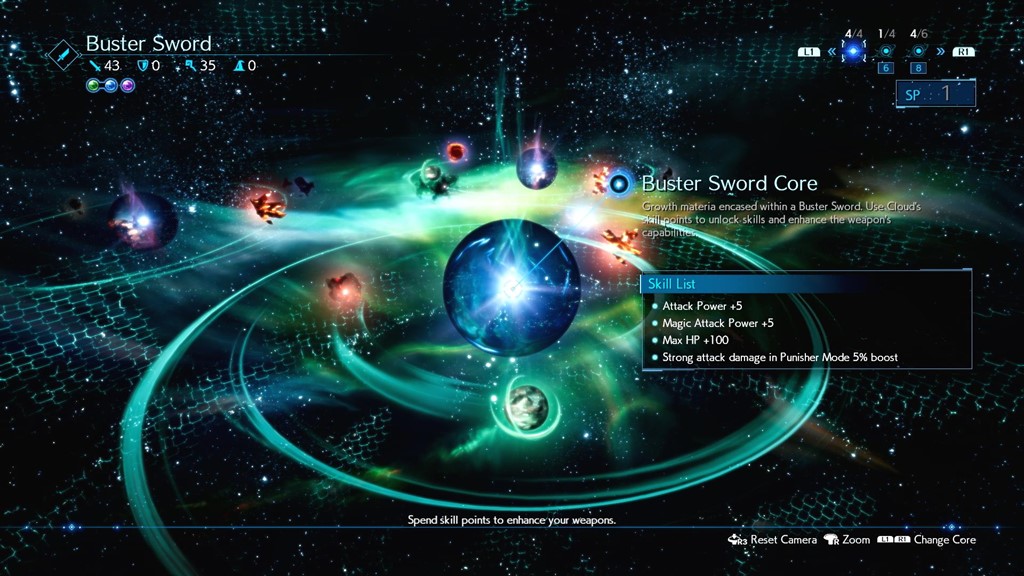
Weapons aren’t as plentiful as they were in previous entries however and instead focus on you unlocking each weapons latent skill through using them in battle until you “learn” it and upgrading them until they reach their full stat potential. This style encourages you to experiment with how each characters stats can be adapted to specialise in magic or physical attack. However it feels more comfortable and optimal to keep each character in their respectively inferred specialties e.g. Tifa as High ATB gain, physical attacker, Aerith with high magic attack over physical, Barret as a high defence, high HP damage sponge and Cloud somewhere in the middle as a support.
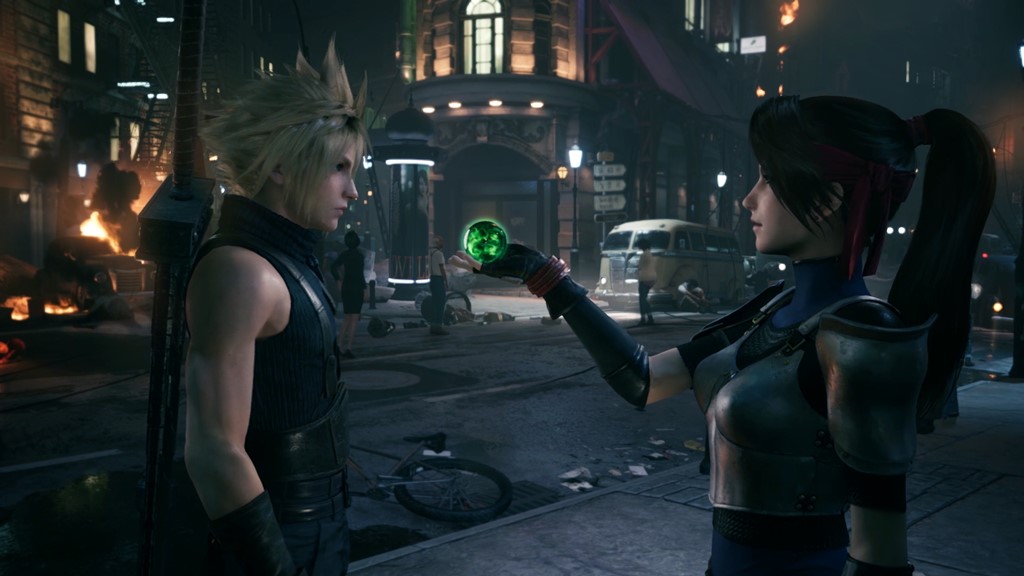
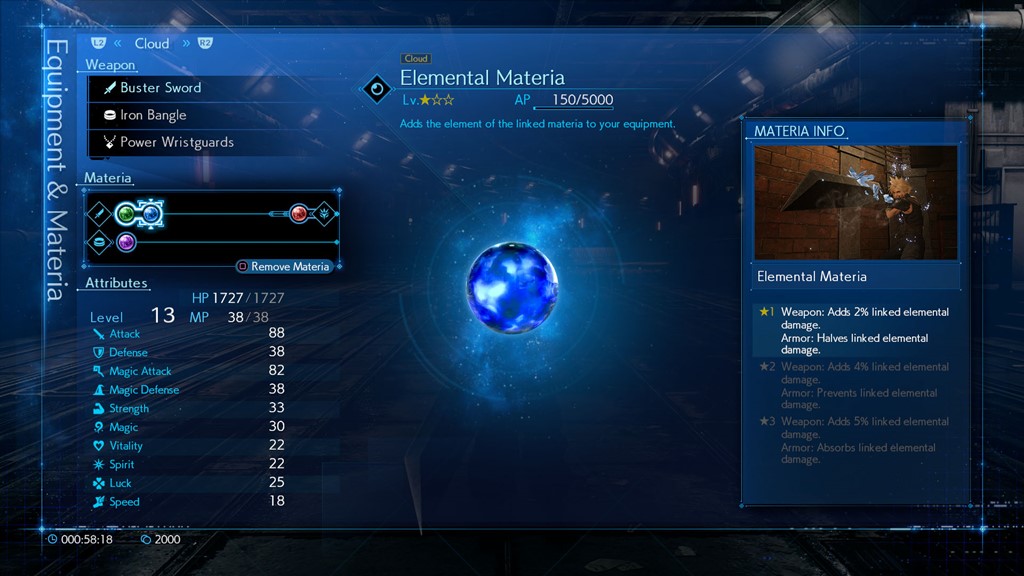
Complimenting this weapon system is the returning Materia feature that facilitates the use of magic, abilities, summons and passive stat boosts. As an added cosmetic bonus Materia is visibly slotted into each of the groups weapon of choice and much like the original will see you strengthening their power through battle and use. As one of the more classic and recognised unique features of Final Fantasy VII it’d be difficult to get this wrong.
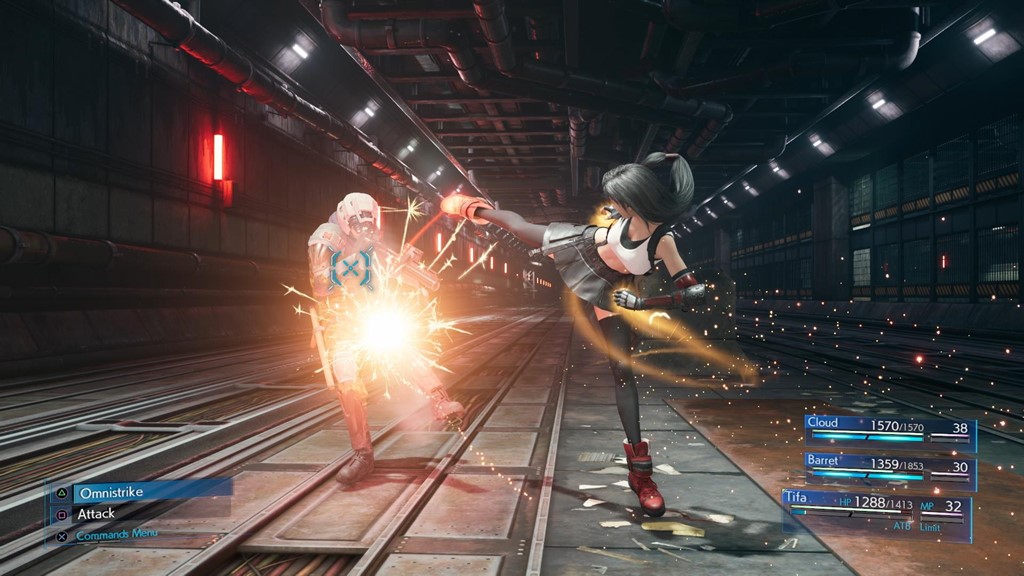
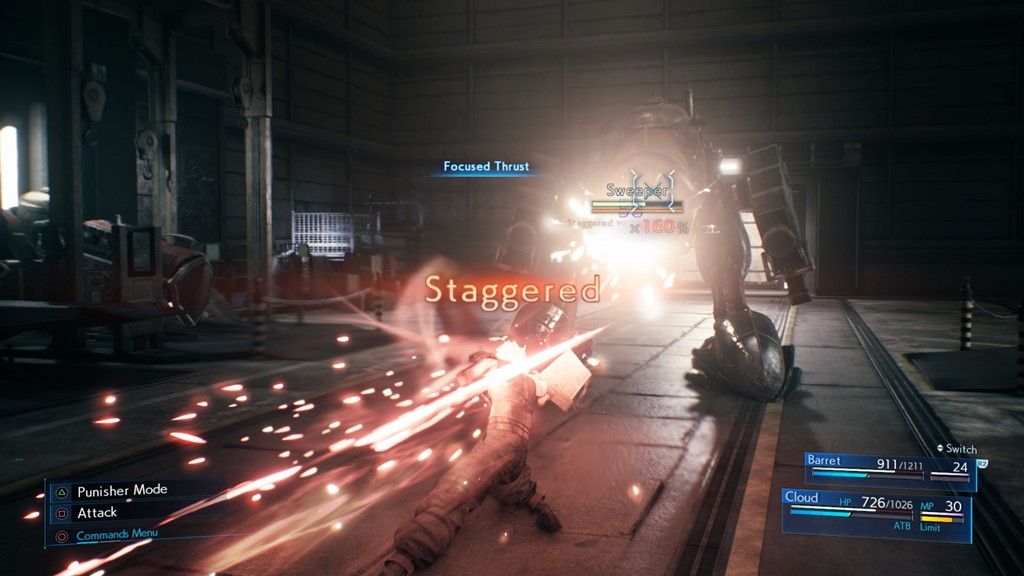
If I had to pick apart and find fault in this game, I find combat in its basic attack flow to be unfortunately frustrating during the stagger build phase of combat. [A returning feature from Final Fantasy XIII yet not unwelcome.] Mashing the “square” button to build up the ATB bar which when activated will slow time to a crawl - allowing for the chance to spend segments on special abilities, spells and items in a hybrid, turn-based, action RPG. This mashing has the melee centric characters consistently pressured and pushed out of their basic attacks and it never feels like you have the time or the resources to pull off a full combo. Most prevalently seen in Tifa whose high-speed martial arts leave her open to punishment in almost every scenario. I feel as though every character could have done with some degree of “armour” to ignore enemy basic attacks much like they can… AND WILL. It’s an unfortunate learning curve that I feel many will choose to brute force through rather than learn mechanics.
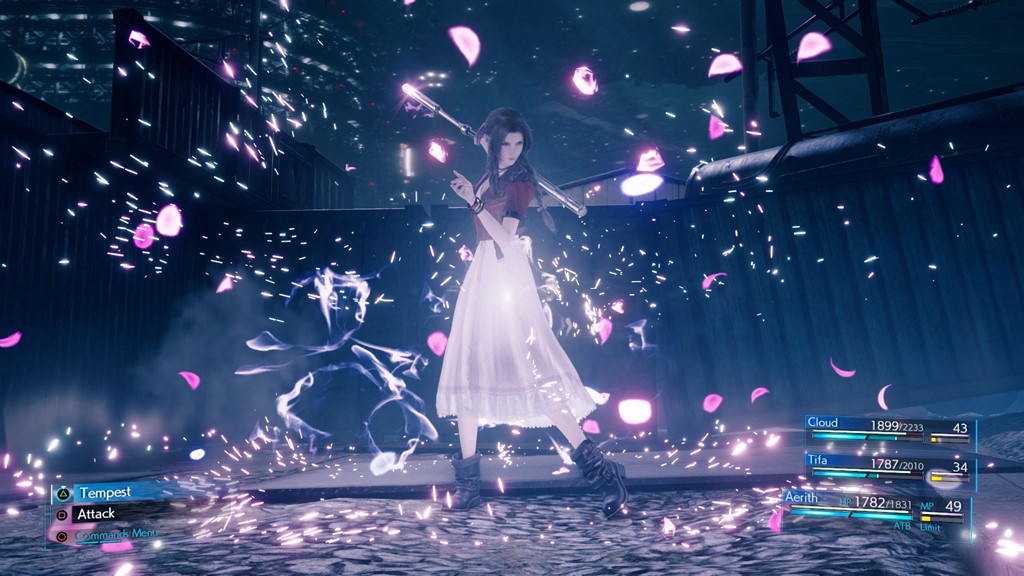
Aerith also unfortunately suffers in her AI where the majority of her utility rests upon special wards that when activated allows her to invaluably doublecast spells or gift ATB to her allies… if only she stayed in the wards. Taking control of her yourself in boss fights to rectify this directs all of the ire to the least defensible character on your team and more often than not (especially on the hard difficulty) will incapacitate her outright. I hope that in Part II these issues are considered when developing on an otherwise enjoyable and unique style of gameplay.
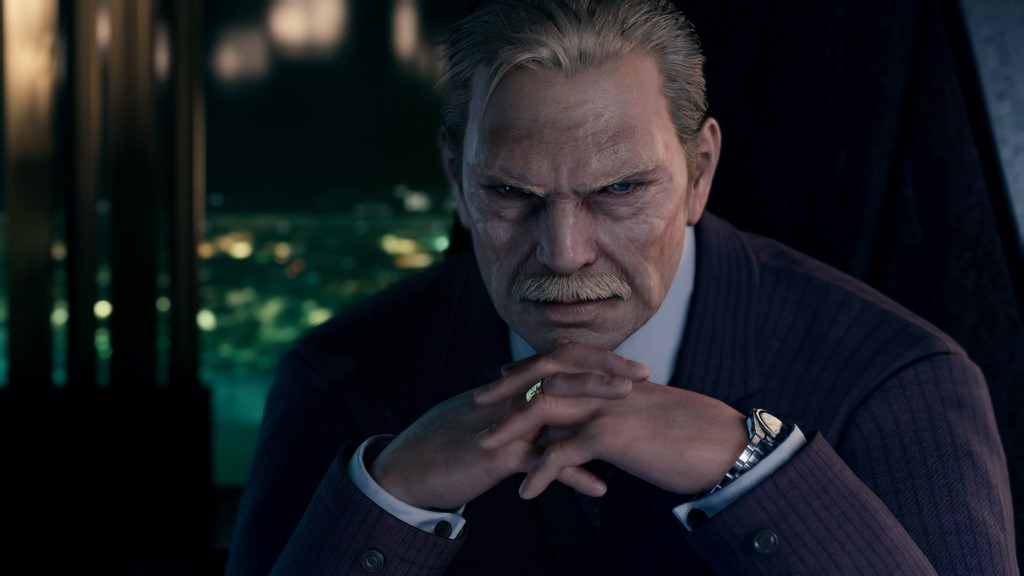
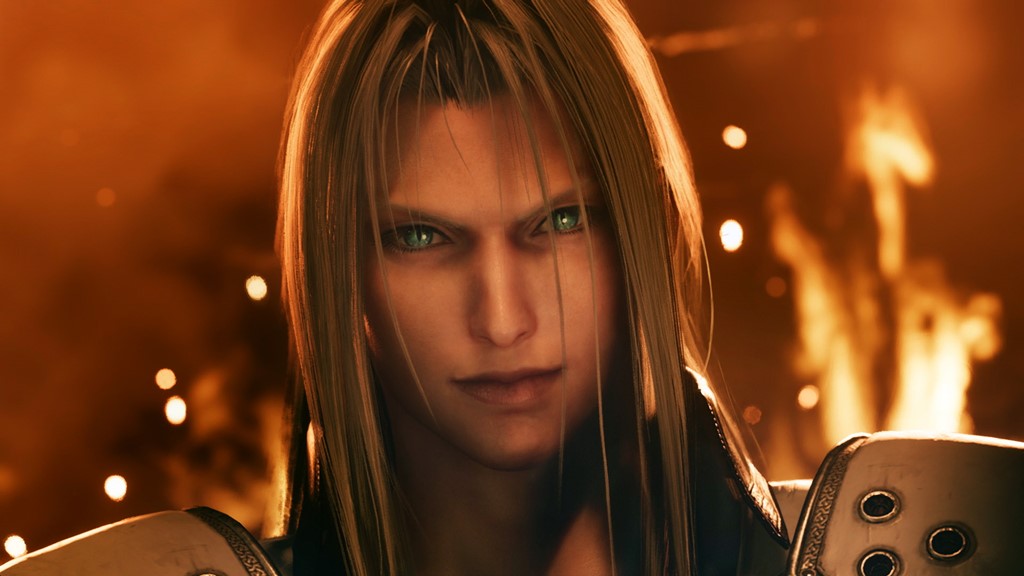
Each chapter gradually builds upon the previous with larger spectacles whether that be in boss fights or story reveals and makes for an immersive experience that is constantly throwing philosophical ideas about how humanity has changed and altered nature – erecting systems to oppress the downtrodden and if there is hope for the future, all bolstered by a truly iconic and emotional soundtrack that amplifies the grand adventure. Tifa’s theme makes me well up every time. I truly cannot wait for the next instalment.
